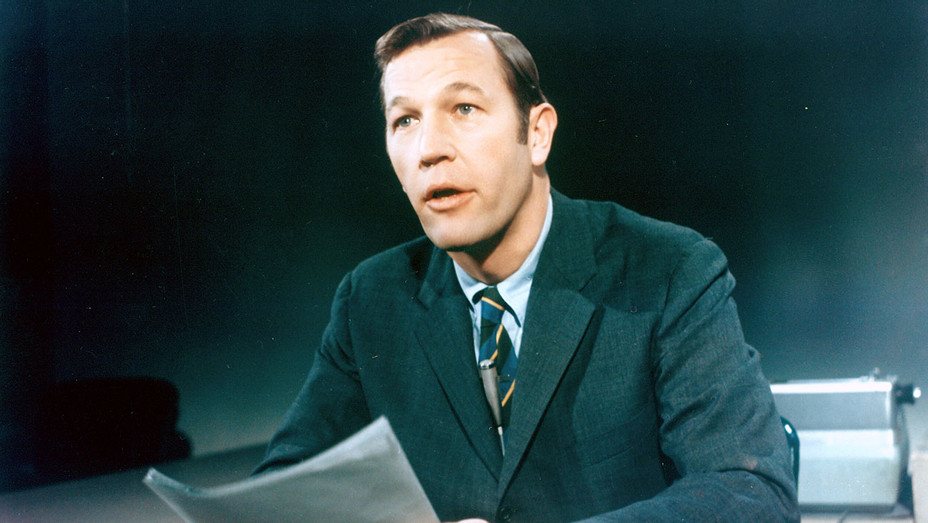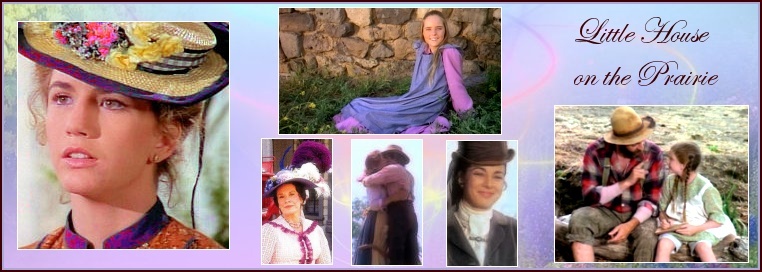
Roger Mudd, the Peabody Award-winning journalist who spent a quarter-century at CBS News and NBC News and came close to becoming a No. 1 network anchorman — not that he wanted that, anyway — has died. He was 93.
Mudd died Tuesday of complications from kidney failure at his home in McLean, Virginia, his son Jonathan Mudd told The Washington Post.
Mudd joined CBS News in 1961 and served as a congressional and national affairs correspondent and as a regular substitute for Walter Cronkite on the CBS Evening News. When the famed anchorman retired and Dan Rather was selected to replace him, a humiliated Mudd exited in 1980 for NBC, where he was chief Washington correspondent, then co-host of the NBC Nightly News with Tom Brokaw for a little more than a year.
"Being an anchorman is probably one of the dullest jobs there is if what you are really interested in is reporting … it's a performing job," a reflective Mudd said in a 2011 interview for the website The Interviews: An Oral History of Television. "For me, it was a misalliance with what I wanted to do."
A native of Washington, D.C., Mudd covered every national political convention, as well as each national election, from 1960 through 1990. He also was an essayist and correspondent for PBS' MacNeil/Lehrer NewsHour from 1987-92 and a host of History Channel programs from the network's 1995 launch through 2004.
"All of us at A+E Networks mourn the loss of Roger Mudd," said its president Paul Buccieri, in a statement. "Roger was our first on-air anchor in the early days of The HISTORY Channel. We will be forever grateful for his leadership and enormous contributions which helped build The HISTORY Channel brand. He had a remarkable, award-winning career in television and we are very proud to be a part of his legacy. Our deepest sympathies are with his family."
Covering a presidential campaign appearance by Robert Kennedy at the Ambassador Hotel in Los Angeles on June 5, 1968, Mudd cleared the way for Ethel Kennedy to kneel beside her wounded husband after he was shot. He had just concluded a "lively, funny" interview with the candidate, then spent hours staked out at Central Receiving Hospital until RFK was pronounced dead.
The veteran journalist also was known for "The Roger Mudd Question" — a simple "Why do you want to be president? — posed to Robert's brother, Ted Kennedy, during a 1979 CBS Reports documentary as the senator was gearing up to challenge Jimmy Carter for the 1980 Democratic nomination.
Mudd, accompanied by CBS execs Howard Stringer and Andy Lack, went to Cape Cod for the Kennedy interview.
In his Oral History chat, Mudd recalled his conversation with Kennedy: " 'What are your differences with President Carter?' I ticked off a couple of things, and his answers didn't demonstrate to me that there was much of a difference between his position and Carter's position. Finally, I said, 'Why do you want to be president?'
"Then came that 386-word answer, or whatever it was, that made no sense at all. Like, 'I want to be president because the sky is blue and the grass is green.' La-di-di, la-di-da. We thought the answer was just awful."
To avoid equal-time restrictions, CBS rushed to get the documentary, titled Teddy, on the air before Kennedy formally announced his candidacy.
"It was interesting about how discouraged we were [at first] at the results of the interview," he said. "But once you took it into the screening room and saw this sculpted Irish face on the screen unable to articulate why he wanted to be president, we said, 'God Almighty, he doesn't know.' "
Carter easily won the Democratic nomination but fell to Ronald Reagan in the general election.
"Roger Mudd was one of the most gifted journalists of my lifetime," Brokaw said in a statement, "an astute political reporter and guardian of the highest standards. Roger's dedication to fundamental journalistic practices remains a marker for future generations."
Roger Harrison Mudd was born in Washington on Feb. 9, 1928. His father, John, was a topographer, and his mother, Irma, was a nurse. He was a descendant of Samuel Alexander Mudd, a doctor who was sentenced to life in prison for treating John Wilkes Booth for a broken leg after the actor assassinated Abraham Lincoln in 1865.
Mudd enlisted in the U.S. Army in 1945 and graduated from Washington and Lee University with a degree in history in 1950, then earned his master's from the University of North Carolina three years later. In between, he taught and coached junior varsity football at the Darlington School in Rome, Georgia.
Mudd worked for the House of Representatives as a research assistant for a committee investigating tax exempt foundations and had a brief, "failed" stint (his word) as a reporter for The Richmond News Leader, an evening newspaper.
He switched to radio, serving as a news reader, reporter and the first news director at WRNL in Richmond from 1953-56, then moved to CBS radio-TV affiliate WTOP in Washington, where he covered President Eisenhower and anchored the 11 p.m. news.
Mudd happily segued to CBS News in May 1961, accepting D.C. bureau chief Howard K. Smith's offer of $19,000 a year (and thus doubling his salary). Soon, he was based on Capitol Hill, which for a reporter "is the best place in Washington to be," he said. "There are stories everywhere, guys are dying to give you stories."
He said his first major assignment for CBS was covering live the March on Washington in August 1963 that featured Martin Luther King's iconic "I Have a Dream" speech, and he reported each day on the landmark Senate debates regarding the Civil Rights Act that lasted more than 60 days in 1964.
Mudd received his first Peabody for his work on CBS Reports' The Selling of the Pentagon — a controversial 1971 examination into how much was being spent to convince the American public they needed bombs, tanks, planes, etc. — and he won again for Teddy in 1979.
Mudd was the anchorman when the CBS Evening News launched Saturday and Sunday editions in 1966, and he subbed for Cronkite for years when "the most trusted man in America" went on vacation or on assignment.
He appeared to be Cronkite's heir apparent. But when CBS News president Bill Leonard came to Washington to tell him that Rather was getting the job — and Mudd would no longer even be a substitute anchor — Mudd said he "packed up my stuff and walked out and never came back."
In his Oral History interview three decades later, Mudd said he was "ambivalent" about replacing Cronkite, "relieved" to be passed over and happy to avoid "being entombed in the studio."
With Brokaw, then on the Today show, being wooed by ABC News, NBC execs in April 1982 promoted him and Mudd to co-anchors on the Nightly News. Brokaw worked from New York and Mudd stayed in Washington as John Chancellor stepped aside to offer commentaries.
"It never worked," Mudd said. "There's no logic to having the guy in Washington talking about the Middle East or the Soviet Union or the Pacific Rim. The guy in Washington ought to be talking about Washington. But I insisted that the anchoring be co-equal."
The arrangement lasted until September 1983. As Brokaw was given sole anchor responsibilities, Mudd co-moderated Meet the Press with Marvin Kalb on Sunday mornings and hosted the primetime newsmagazines American Almanac and then 1986. When the latter was canceled, Mudd blasted NBC, and the network bought out his contract.
In 2008, Mudd published his memoirs, The Place to Be: Washington, CBS, and the Glory Days of Television News, and he taught a class about politics and the press at Princeton University.
A gift from him in 2010 led to the establishment of the Roger Mudd Center for Ethics at Washington and Lee, which "advances dialogue, teaching and research about issues of public and professional ethics."
His wife of 53 years, E.J., a poet and a writer, died in June 2011. Survivors include their children, Daniel, Jonathan, Matthew and Maria, 14 grandchildren and two great-grandchildren.
